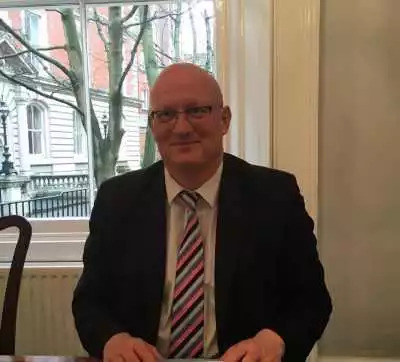
The most common questions our lawyers get asked by the public, sometimes on a daily basis, are:
- “What if you believe your client has done it but he wants you to fight it for him?”
- “How can you act for someone who is guilty?”
- “What if, because of you, he gets off?”
- “How can you sleep at night knowing he’s guilty but you successfully defended him?”
In Your Defence Ltd are nationwide criminal defence solicitors, and its chairman, Andrew Parker, has dealt with cases for many decades and answers as follows:
We have an obligation to put forward our client’s case to the best of our abilities. We “act on instructions,” meaning that our client tells us about his case and what he wants us to do on his behalf. But we must always act in an ethical and professional manner.
We are authorised by the Solicitors Regulation Authority (as shown on our website) and subject to a strict code of ethics. There are rules as to how we represent a suspect or defendant.
We can never knowingly lie to the court, such as when our client tells us that he was present at the scene of the crime at the time in question, but wants us to put forward a false alibi saying he was at the White House meeting the president in the oval office. In this example we would be professionally embarrassed and have to withdraw from representing our client, citing “for professional reasons.” We would officially come “off the record.”
Now, if we believe our client is guilty based on the facts of the case, we would give him robust advice based on our vast experience and ability. That is one of the reasons clients seek our informed advice. If he still insists he’s innocent and wants us to continue defending, we can. We can only advise, it is for the client to decide.
There are rare occasions when defence lawyers can continue to act if the instruction is that they’re guilty, but they want us to put the prosecution to proof. This would be in a very limited way and with an arm figuratively tied behind one’s back. Given the more detailed digital case management requirements now in place where pleas and details are routinely exchanged pre-trial, in reality the client would seek other solicitors to defend him and start afresh.
So, because of our expertise the defendant is found not guilty by a jury or magistrate and we still believe he’s guilty? We maintain that the justice system is in essence an adversarial process and that the prosecution in a trial has to prove their case beyond reasonable doubt. We are not the arbiters of the verdict. We are paid to represent, to advise and assist, to advance our client’s interests. As leading national defence solicitors, results and objectives obtained matter both professionally and personally.